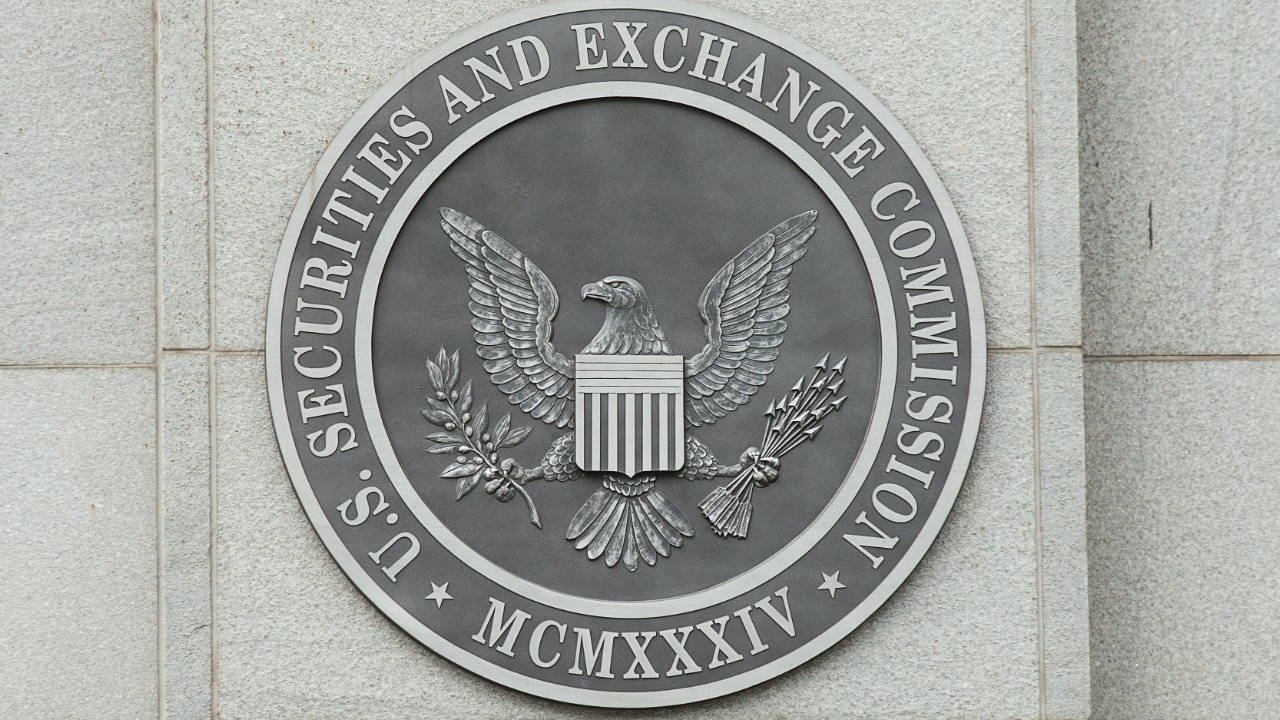Much of the discussion in the crypto space lately has revolved around the issue of regulation. The Fed and SEC oppose any plans to completely ban the industry, which has skyrocketed bitcoin and other coins to recent monthly highs.
However, there is still uncertainty among investors as the central question remains unanswered. Which cryptocurrency is a security and how can it be identified?
Statements by former SEC employees can provide information on this.
For example, the top two cryptocurrencies, Bitcoin and Ether, have long been classified as unsafe, as clarified by former SEC chairman Jay Clayton in 2019 and CFO William Hinman in 2018.
While other cryptocurrencies have remained in the gray area since then, current SEC director Gary Gensler doesn’t seem too concerned about the previous classification either.
SEC Commissioner Hester Peirce, affectionately known by the crypto community as “crypto mom”, believe Personal opinion is not taken seriously in such matters. This is because all five SEC chairpersons have the same voting rights. It would therefore be more effective if the agency created an appropriate framework that provides clarity for the entire industry. However, Hinman’s 2018 speech was a step in a positive direction.
Crypto mother Hester Peirce
Hinman’s speech has also been a point of contention since the SEC’s lawsuit against Ripple began late last year. The blockchain giant has argued that it is unfair to give the top cryptocurrencies special treatment while XRP is classified as a security.
Recently, FOX business reporter Charles Gasparino share One bullet said Hinman was both Clayton and Gensler “key line” before speaking.
Is there any good news coming?
While regulatory uncertainty is pervasive in the crypto space, another aspect that keeps investors excited is the approval of a Bitcoin ETF. The only ETF that receives official support in the US is a product backed by Bitcoin futures.
Crypto Mom stressed that it would be a more appropriate course of action to offer investors as many options as possible rather than just focusing on futures.
This is because products backed by futures are less investor-friendly as they tend to be more expensive and also more difficult to manage, noted Peirce, adding:
“We consistently rejected spot-based products, even though we contradicted what we did with similar products outside of the crypto space.”
In a recent video, Coin Bureau’s Guy stressed the same thing, saying that futures-based products are very volatile and less liquid. In addition, they have to keep switching to new contracts when they expire, which only adds to the administrative burden.
However, this couldn’t nearly stop the excitement of investors and they started betting on these contracts, causing the price of BTC to rise exponentially as rumors of the approval of a Bitcoin futures ETF continued to surfaced this month. This is also because the SEC recently approved the Volt Crypto ETF.
However, the waiting time may be longer than expected. As Bitcoin magazine reported, Todd Rosenbluth of CFRA Research recently said approval of more than a dozen pending applications could be postponed until next year if the rules are clear.
Join Bitcoin Magazine Telegram to keep track of news and comment on this article: https://t.me/coincunews
Annie
According to Ambcrypto
Follow the Youtube Channel | Subscribe to telegram channel | Follow the Facebook page
























